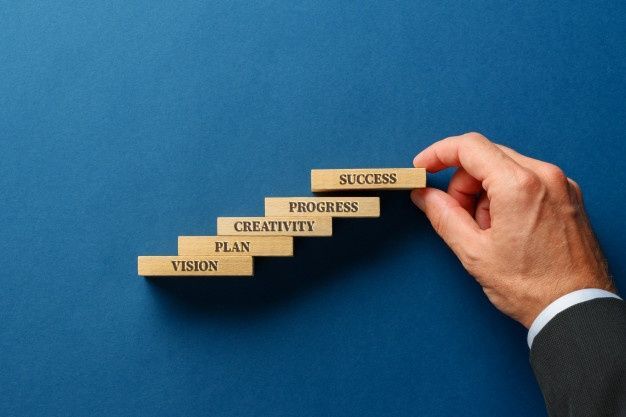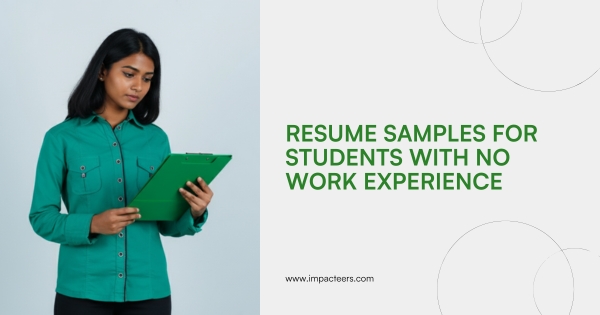Starting a strong Resume for College Placements is your first step to create a permanent impression on the recruiters. It is not only about listing the grade – it is about showing your skills, achievements and ability in a way that stands out. In this guide, we will walk to you through an impressive re -starting way to start the doors for the best opportunities.

When placement season hits, every college student starts racing—not just for the best roles, but to create the perfect resume that opens doors. Whether you’re in an engineering institute, a business school, or any college preparing for campus interviews, your resume is your first real handshake with the recruiter.
In the world of placements, your resume isn’t just a document—it’s your story, pitch, and ticket to an interview. It determines whether you advance to the next round or remain in the pile. And in 2025, with tighter shortlisting criteria and increasing competition for roles in consulting, core engineering, and service-based companies, crafting a resume that truly stands out is more crucial than ever.
Why Your Resume Matters More Than Ever in Campus Placements
Most placement teams and recruiters filter candidates using only resumes in the first round. Here’s what’s at stake:
- Shortlisting for dream jobs in consulting, tech, analytics, and service sectors
- Internships at leading brands that convert into pre-placement offers (PPOs)
- Entry-level engineering roles at MNCs or government-linked PSUs
- Core technical roles for mechanical, electrical, or civil students
- Management roles with high growth and learning exposure
If your resume doesn’t present your strengths clearly, you’ll miss out—even with strong grades or achievements.
Step-by-Step Guide to Build an Impressive Resume for Placements
Let’s break down how to build a resume that actually gets you interviews in college placements.
1. Start With a Clean, Professional Format
The layout matters more than you think. Stick to one page (max two if you’re from a research-heavy program).
Include these sections in order:
- Name and Contact Info
- Professional Summary / Career Objective
- Education
- Projects
- Internships / Industrial Training
- Technical Skills
- Certifications / Courses
- Achievements / Awards
- Leadership and Extracurriculars
Tip: Don’t experiment with fonts or colours. Keep it clean and recruiter-friendly.
2. Write a Placement-Oriented Career Objective
Avoid vague, generic lines like “Seeking a challenging career in a reputed organisation.”
Instead, try:
“A final-year B.Tech student in Electrical Engineering at XYZ Institute, passionate about embedded systems and robotics, seeking a core engineering role to apply practical problem-solving skills developed through hands-on projects.”
The goal is to show clarity and motivation, customized to the role you’re applying for.
3. Showcase Academic Credentials the Right Way
List:
- Degree, branch, college name
- Year of passing
- CGPA or percentage (only if it’s competitive)
You can also include key subjects relevant to the job role.
4. Highlight Core Projects With Impact
Projects are crucial, especially for engineering and tech students. Don’t just name them—explain them:
- Problem statement
- Tools/technology used
- Your role
- Outcome or impact (measured, if possible)
Example:
Smart Home Automation Using IoT
Led a 4-member team to design an IoT-based system using NodeMCU and sensors, allowing remote access via a mobile app. Reduced power consumption by 20% during testing phase.
Projects give you an edge in both technical interviews and group discussions.
5. Add Internships and Industrial Exposure
Even a two-week industrial visit or summer training matters. Mention:
- Company name
- Duration
- Key learnings or contributions
- Tools or software used
These demonstrate that you’re industry-aware and job-ready.
6. Include Relevant Skills & Tools
Break it down into:
- Technical Skills: Python, MATLAB, AutoCAD, SQL, etc.
- Soft Skills: Communication, leadership, teamwork
- Domain-Specific Tools: Revit (for civil), Catia (for mechanical), Tableau (for analytics), etc.
Always match these with the job profile in campus placement notices.
7. Certifications That Count
Did you complete any online courses during college? Add those here:
- Platform (Coursera, NPTEL, Impacteers)
- Course name
- Completion year
For example:
Machine Learning Foundations, Impacteers – Completed in May 2024
This proves self-motivation and upskilling effort.
8. Achievements, Awards & Campus Contributions
Use bullet points to list:
- Scholarships, coding competitions, sports
- Research papers or technical paper presentations
- Event coordination or club leadership
These boost your resume for service sector or consulting placements where personality matters.
9. Avoid Common Resume Mistakes
- Don’t exceed one page (unless absolutely necessary)
- No false claims or inflated roles
- No spelling or grammar errors
- Don’t include personal details like date of birth, father’s name, or full address
- Don’t send in .docx files—always use PDF format
Use Impacteers Resume Builder for Campus Placement Perfection
Creating a resume manually in Word can lead to formatting errors, missed sections, and outdated templates. That’s where Impacteers Resume Builder makes a real difference.
Here’s why thousands of students from engineering, commerce, and management colleges use it:
- Free online access
- Modern, recruiter-approved resume templates
- Auto-filled sections for placement-specific roles
- Built-in tips for writing summary, projects, and skills
- Download in Word or PDF format instantly
- Suitable for campus placements, internships, and online job applications
Impacteers ensures your resume is ready for the real world—from your first placement interview to your dream job in tech, consulting, or services.
How to Prepare for Resume-Based Interviews for College Placements
Once your resume is submitted, you must prepare to talk through every line.

- Know your project details inside out
- Be ready to explain why you chose certain electives or internships
- Practice answers for “Tell me about yourself” and “Walk me through your resume”
- Be clear on what your career objective means
- Keep copies of certificates or paper presentations you mentioned
Campus interviews often start with resume-based questions, and being confident here makes a great first impression.
Consulting & Service Roles – Resume for College Placements Tips
If you’re applying for:
- Consulting companies like Deloitte, EY, BCG (campus roles)
- Service-based IT companies like TCS, Infosys, Capgemini
Focus more on:
- Team leadership
- Problem-solving experiences
- Certifications in analytics, project management, or Excel
Soft skills and versatility matter more here than hardcore technical knowledge.
Engineering Core Job Roles – Resume for College Placements Tips
For core mechanical, civil, or EEE roles:
- Prioritise technical projects
- List software knowledge and hands-on tools
- Mention industrial training, site visits, and lab experiences
- Highlight interest in R&D or design
PSUs and private core companies prefer solid technical grounding, reflected in the resume.
Campus Resume Screening: What Recruiters Look For
| Recruiter Focus | What They Check on Your Resume |
| Technical MNCs | Programming skills, certifications, competitive coding |
| PSUs / Engineering Core | Project depth, internships, GATE score (if applicable) |
| Consulting Firms | Problem-solving, leadership roles, CGPA |
| Service Sector Jobs | Communication skills, adaptability, IT tools proficiency |
| Startups | Versatility, entrepreneurship, exposure to multiple tools |
A clean, customised, well-structured resume gets shortlisted first.

Frequently Asked Questions (FAQs)
1. How long should my resume be for campus placements?
Ideally, one page. If you have multiple internships or research papers, you can extend to two pages max.
2. Can I use online resume builders for placements?
Yes, especially Impacteers Resume Builder, which is designed for Indian students preparing for campus interviews and internships.
3. What are the most important sections in a fresher’s resume?
Education, Projects, Internships, and Skills are the most critical. Customise your career objective for each job.
4. Should I include a photo or personal details?
No. Avoid personal info like photo, DOB, or family details. Stick to professional formatting.
5. How do I prepare to explain my resume in interviews?
Practice your pitch, rehearse project explanations, and prepare for behavioural questions based on the roles you’ve listed.
learn More >>> https://blog.impacteers.com
About Us >>> https://www.impacteers.com



Post Comment